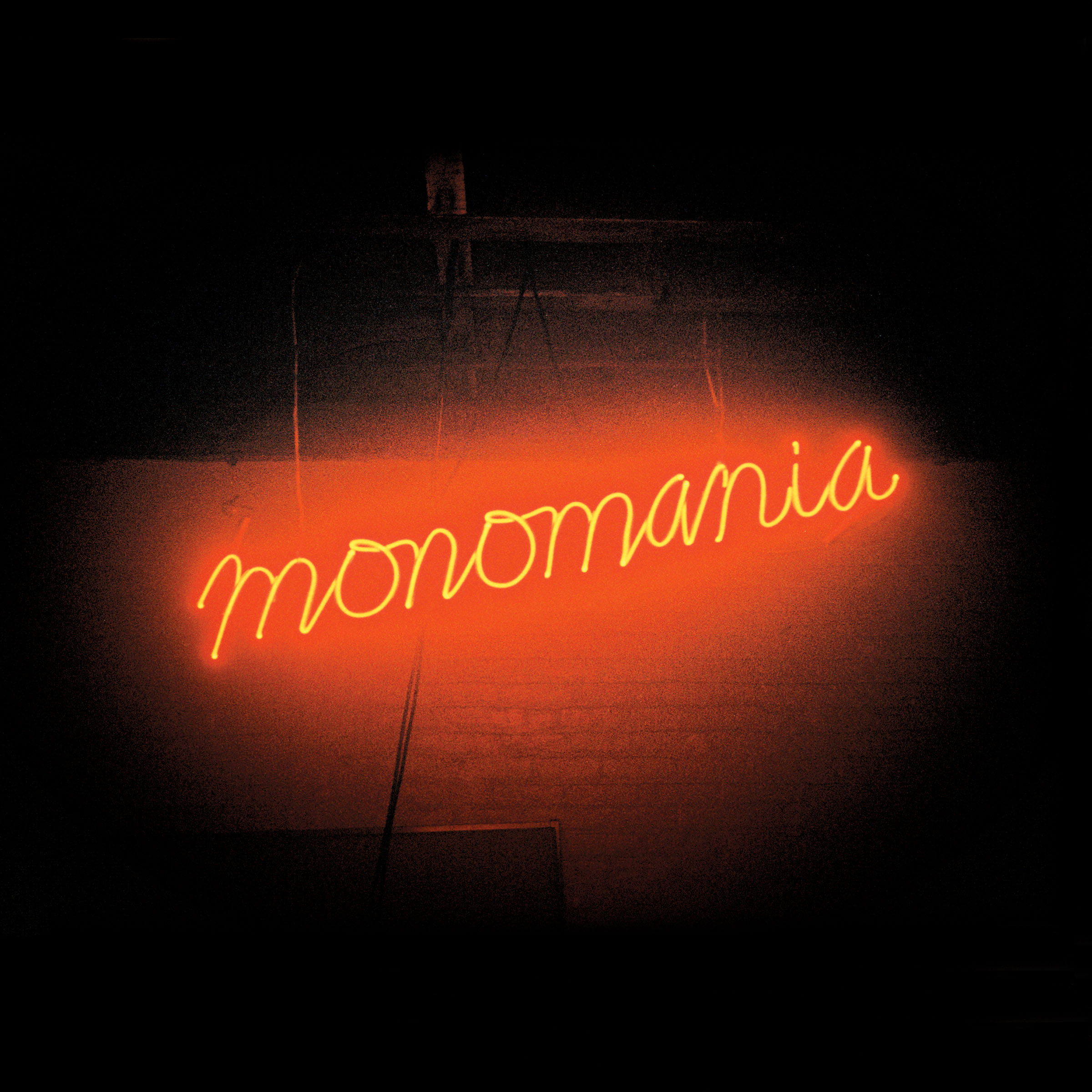Album Review: ‘Monomania’ by Deerhunter

"Deerhunter"
Monomania4AD





By Tony Huang
May 6, 2013 12:05 a.m.
Deerhunter is doomed to pop music. It tried to escape. Every album, its effects acted as a defense mechanism: gauze for “Cryptograms,” glimmer for “Microcastle,” falsetto for “Halycon Digest.”
But there’s no escaping the great escapism. With “Monomania,” Deerhunter’s latest, greatest and most accessible album, it’s ever more evident that for frontman Bradford Cox, pop is as much compulsion as gift: a disease that’s its own anesthetic. Try as he might, his infectious melodies won’t be obscured by art-noise affectations. With this latest batch of undeniable tunes, fitted with some of the strongest lyrics he’s ever conjured, he gets closer than ever to opening a window into his melody-addled mind.
Not that he makes it easy. “Monomania” roars into existence with two of the band’s grittiest jams, as if signaling a Deerhunter-goes-punk move. The first, “Neon Junkyard,” is a declaration of sorts, with Cox affecting a hollow growl and imploring (commanding? daring?) listeners to “find the chorus in the junk.”
But dig a little deeper and it’s also an instruction manual: “If you memorize the words/ they will show you the way.” It’s somewhat of a cruel joke, then, that the song that follows, “Leather Jacket II,” is an impulsive, irresistible, thoroughly incomprehensible jam, with guitar that lacerates as much as it sings, burying Cox’s voice under distortion.
The rest of the album, however, is as lyrically focused as Deerhunter’s ever been. Following the rough-diamond album openers is the almost perversely gorgeous Lockett Pundt-sung “The Missing,” which, in the tradition of classic Deerhunter tracks like “Agoraphobia,” evokes the sort of otherworldly beauty that the band has all but monopolized. It lifts gently from chorus into atmosphere, led by a startling image, “Follow the telephone wire/ until you feel the air beneath me,” and transcending into a mesmerizing mantra, “I would understand/ I’d understand/ If you show to me the missing.”
But what’s missing? Taking cues from the next three songs, it’s music that Deerhunter can call its own. The band follows up punk and balladry with alternative country in “Pensacola” and Queen quotations in “Dream Captain.” Then “Blue Agent” wraps up the thesis in a bop-your-head pop tune that advises, “If you’re lost in the curtains of time/ you’ll be erased.”
Thus entirely aware of his anachronistic and self-referential approach to music, the second half of the album – repressed homosexuality jingle “T.H.M.” excepted – is Cox exploring his songwriting process to its depths. “Sleepwalking” doubles as reproach against cynicism and musical encouragement. “Back to the Middle” doubles as love and work song, conjuring almost accidentally the grooviest riff this side of “Is This It.”
And the insanely catchy “Monomania” burns out the remaining fuel in Cox’s engine, running through hooks like they’re running out, which they do, leaving behind only the madman chant of “mono-monomania, mono-monomania, mono-monomania,” evoking the fervor of its ad-infinitum guitar riff, catching like wildfire, or a plague.
Which leaves “Nitebike” and “Punk (La Vie Antérieure),” the avant-garde remnants of Cox’s self-immolating journey through pop music. On the former, his voice soars and echoes without warning, struggling to find a semblance of rhythm, escaping from song structure itself. On the latter, he sounds like a relapsed mental patient, singing, “Not alone anymore/ but I found it such a bore” with almost petulant defiance.
Worn out by the demands of pop music – its history, its stubbornness, its solitary mania – Cox tries to ride off into the sunset and wash himself clean. But since that’s not much of an option, he remains with his junk; wade through “Neon Junkyard” once more, and discover this: “Everything is the same as it was, but now there’s nothing left to change.” He’s finally reached the last form of his affectations: It’s pop music, and it sounds like rock and roll.
– Tony Huang
Email Huang at [email protected].


